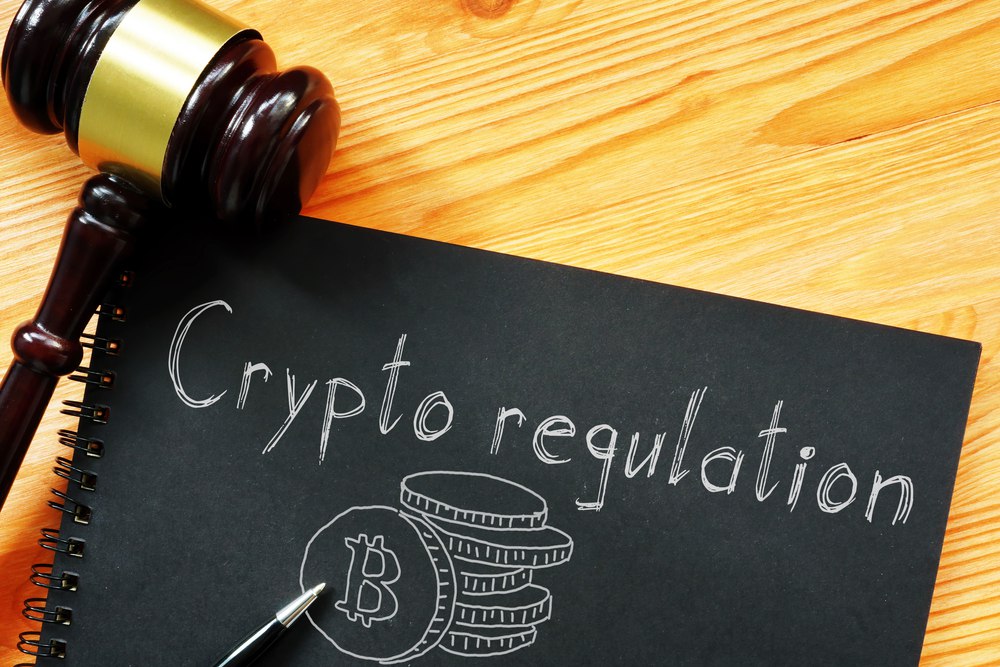New Regulations in a Bid to Curb Money Laundering

- The UK’s FCA takes a stand against Illegal crypto ATMs.
- New AML rules in India for crypto transactions.
- Kraken paves way for crypto banking.
The UK’s FCA Takes a Stand Against Illegal Crypto ATMs
In East London, the Financial Conduct Authority (FCA) and the Metropolitan Police are working together to look into possible sites of illicit crypto ATMs. Companies that provide cryptocurrency services in the United Kingdom (UK) must register with FCA to abide by rules intended to stop terrorist financing and money laundering.
The FCA claims that only some of the registered enterprises dealing in digital assets can offer ATM services; therefore, all cryptocurrency ATMs now active in the nation are unlicensed.
The FCA and Metropolitan Police withheld exact information about the number and locations of the sites they were looking into in East London. Still, according to Coin ATM Radar’s statistics, 19 crypto ATMs are now operating in the UK.
The National Economic Crime Centre (NECC) and FCA are working to integrate enforcement with other law imposition agencies to prevent unlawful cryptocurrency ATMs. The regulator intends to review the information obtained during these inspections and take additional action if necessary.
The FCA has taken action against unauthorized cryptocurrency ATMs in the United Kingdom twice. First, the regulator and the West Yorkshire Police collaborated to check several unregistered cryptocurrency ATM locations in Leeds.
New AML Rules in India for Crypto Transactions
The Indian federal government announced on March 7th that cryptocurrency transactions would be subject to the nation’s anti-money laundering regulations.
The announcement stated that money laundering rules would apply to the trade of fiat currencies, online digital products, online crypto-assets transfer, and the exchange of separate digital holdings.
According to the notification, in addition to the exchange and transfer of virtual digital assets, the custody or management of these assets and the supply of financial products and services associated with their sale will be governed by anti-money laundering regulations.
Despite repeated warnings from the central bank against their usage, India has yet to establish a clear legal framework or laws relevant to cryptocurrencies. However, the Central Bank of India has already urged prohibiting cryptocurrencies, equating them to a fraudulent investment scheme.
By including cryptocurrencies in India’s anti-money laundering regulations, authorities will have more control over transferring such funds outside the nation.
Kraken Paves Way for Crypto Banking
The American cryptocurrency platform Kraken has revealed the launch of Kraken Bank, which is the initial cryptocurrency bank to be granted a government banking license in the United States. The Wyoming Special Purpose Depository Institution (SPDI) framework will govern the bank’s business.
Before being postponed, the debut of Kraken Bank was originally scheduled for last year as a phased rollout. However, Kraken has officially stated that it is continuing with the release after its agreement with the SEC for $30 million and discontinuing its staking business.
In a podcast interview by The Block, Chief Legal Officer of Kraken Marco Santori announced the launch of Kraken Bank while discussing current regulatory measures in the US that affect cryptocurrency firms. Santori argued that these regulatory actions might help existing firms in the US cryptocurrency sector.
The move by Kraken to establish its bank is risky, especially in light of the recent scandal involving Silvergate bank and its interactions with FTX, which was previously one of the biggest cryptocurrency exchanges until it went under.







